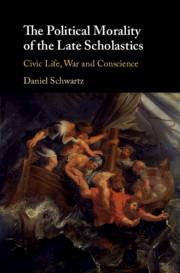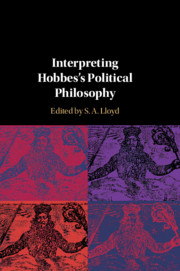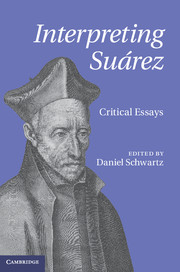The Political Morality of the Late Scholastics
The Late Scholastics, writing in Europe in the Baroque and Early Modern periods, discussed a wide variety of moral questions relating to political life in times of both peace and war. Is it ever permissible to bribe voters? Can tax evasion be morally justified? What are the moral duties of artists? Is it acceptable to fight in a war one believes to be unjust? May we surrender innocents to the enemy if it is necessary to save the state? These questions are no less relevant for philosophers and politicians today than they were for late scholastic thinkers. By bringing into play the opinions and arguments of numerous authors, many of them little known or entirely forgotten, this book is the first to provide an in-depth treatment of the dynamic and controversial nature of late scholastic applied moral thinking which demonstrates its richness and diversity.
- Addresses the work of over seventy late scholastic writers, giving readers a rich and complete picture of key debates
- Focuses on practical and political questions that are relevant to the real world
- Explores the volume, content, and development over time of moral arguments on topics from war and taxation to voting and poverty
Reviews & endorsements
'… this clearly written and engaging book can be read with ease and pleasure by anyone … Recommended.’ H. Oberdiek, Choice
Product details
February 2019Adobe eBook Reader
9781108625692
0 pages
This ISBN is for an eBook version which is distributed on our behalf by a third party.
Table of Contents
- List of abbreviations
- Acknowledgments
- Introduction
- Part I. Civic Life:
- 1. The ethics of electoral bribing
- 2. The ethics of tax evasion
- 3. Keeping out the foreign poor: the city as a private person
- 4. The political duty to keep your secrets
- 5. Scandal and inexcusable portraits
- Part II. War:
- 6. Conscientious objection in war: from duty to right
- 7. Patriotic collaborationism: Demosthenes and Alexander
- 8. War and the boundaries of punitive jurisdiction
- 9. Justice after victory
- Concluding remarks
- Bibliography
- Index.





